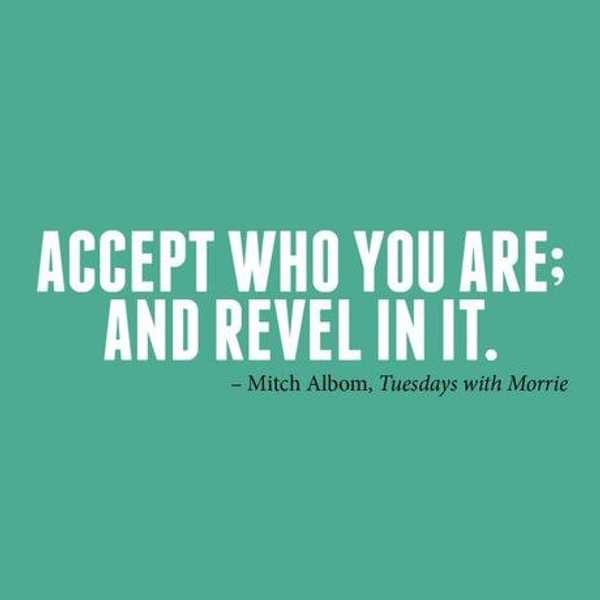Aldo Leopold’s “Land Ethic” challenges the way we look at land and our natural resources. Leopold suggests that there should be a social revolution in that humans, as a whole, should have a more ethical view of land. He begins by using an analogy from Odysseus and his execution of his twelve slave-girls whom he believed misbehaved while he was away in war at Troy. Leopold mentions how this decision of executing the girls was a matter of convenience, not of right and wrong, for the slave-girls were viewed as nothing but property. He uses this analogy to set the tone for the reader that strictly having an expedient outlook on property could be quite immoral. Ethical structure has broadened a lot since those days, but in comparison to what we are facing now, land ethics today is still progress. People look at land today as property for resources, economic use, and convenience much like Odysseus did his slave-girls. It brings the reader to question if the way humans presently look at land should change. If so, should we value land more ethically, instead of economically?
Leopold believes that an ethic based on economic incentives alone is severely insufficient because it does not confirm its right to a continued existence. People’s relationship with land is still economic which entails that people view it more as their privilege than having obligations to take care of and value it as a long-lasting, living ecosystem. Viewing land strictly economically hurts the overall conservation movement that is currently taking place. Having obligations to land useage that go above self-interest will create greater progress for the conservation movement, but this comes from being taught properly that land has value beyond its economic use. People have an exploitive view that may come from convenience and what is most cost-efficient. But if people are taught in childhood that there is more to land than just economic benefits and that every part of land is a part of a larger ecosystem that works together than possibly more farmers, foresters, workers within the wildlife field will have a more ethical view of land and its purpose.
Leopold argues that we can not have a moral relationship based on principles with the land if people do not love, admire, and respect it. I have to say I agree with this because to have moral connection with anything I believe one has to admire and respect it. If they don’t, one at least has to learn how to or understand how to love the thing they wish to have an ethical relationship with to truly value it. One cannot respect land if one views it primarily as an economical or exploitative resource. Viewing something in this way is taught, so learning how to value and love land (other than for what it offers to us) and the entire ecosystem, can be taught, as well.
Additionally, I think it is ecological knowledge, and how someone has grown to view how land is used, influences the land ethic one has. Farmers, and people who work with land and the environment, are driven economically to put food on the table so their family can survive. And I believe the majority do so, I believe, the best way they technologically and economically know how. I agree with Leopold that we need better education about ethics toward land rather than more of the same, because it is not working and people are still focused primarily on convenience and what makes the most money, which might not ever change. But if one begins to learn at a young age how decisions made toward the environment affect everything else long-term and to be thankful to it as a living organism in itself, then a person would be more eager and willing to take on conservation methods, instead of viewing them as a hassle and waste of time. As Leopold did, I will compare property of land to property of humans as slaves to portray how one must value and respect something to have an ethical relation to it. One had to, at first, value human beings in slavery as more than just slaves to realize they were more than just property. Then, over time, with age and teachings of this to generation after generation, slavery now is viewed as immoral and unethical. I believe right now as a global society, we are in that same phase of accepting that there is value in conservation of the environment, but we still view land primarily as just property. It will take being taught ethical knowledge in classrooms and socially because of the separation the modern human has toward land. And by socially, I agree with Leopold, as a society we must have social approval for right action taken toward the environment and strong social disapproval toward wrong actions. This will create and influence people to have a land ethic if society holds each other accountable for how we treat land. But for people to make real change and grow different outlooks on land, like any ethical and social change, it takes time and proper ecological knowledge to have a consciousness of land for it to be instilled in the generations to come.





















